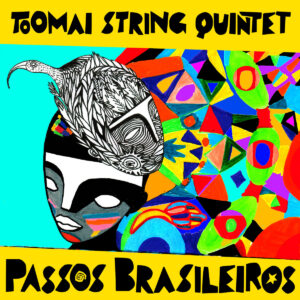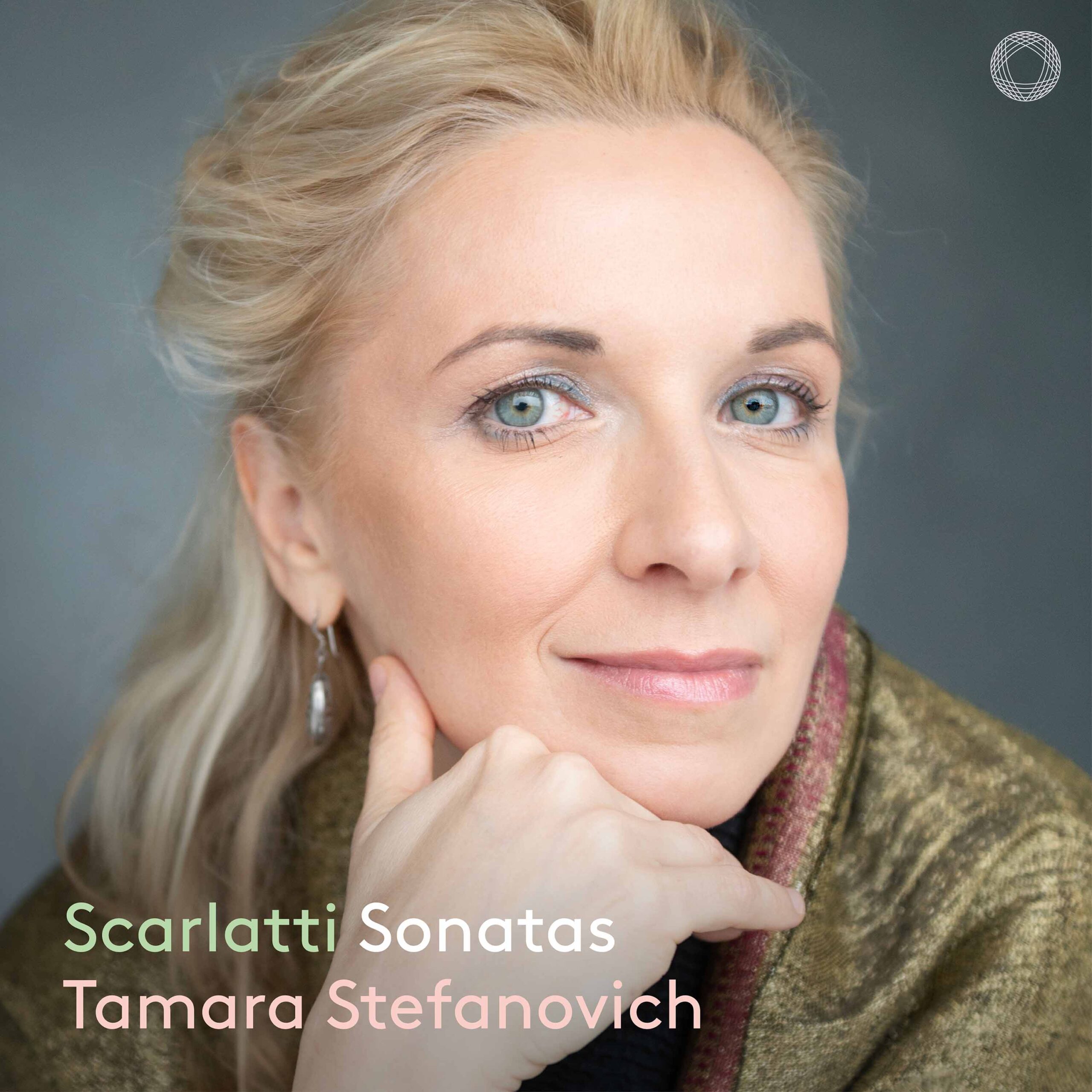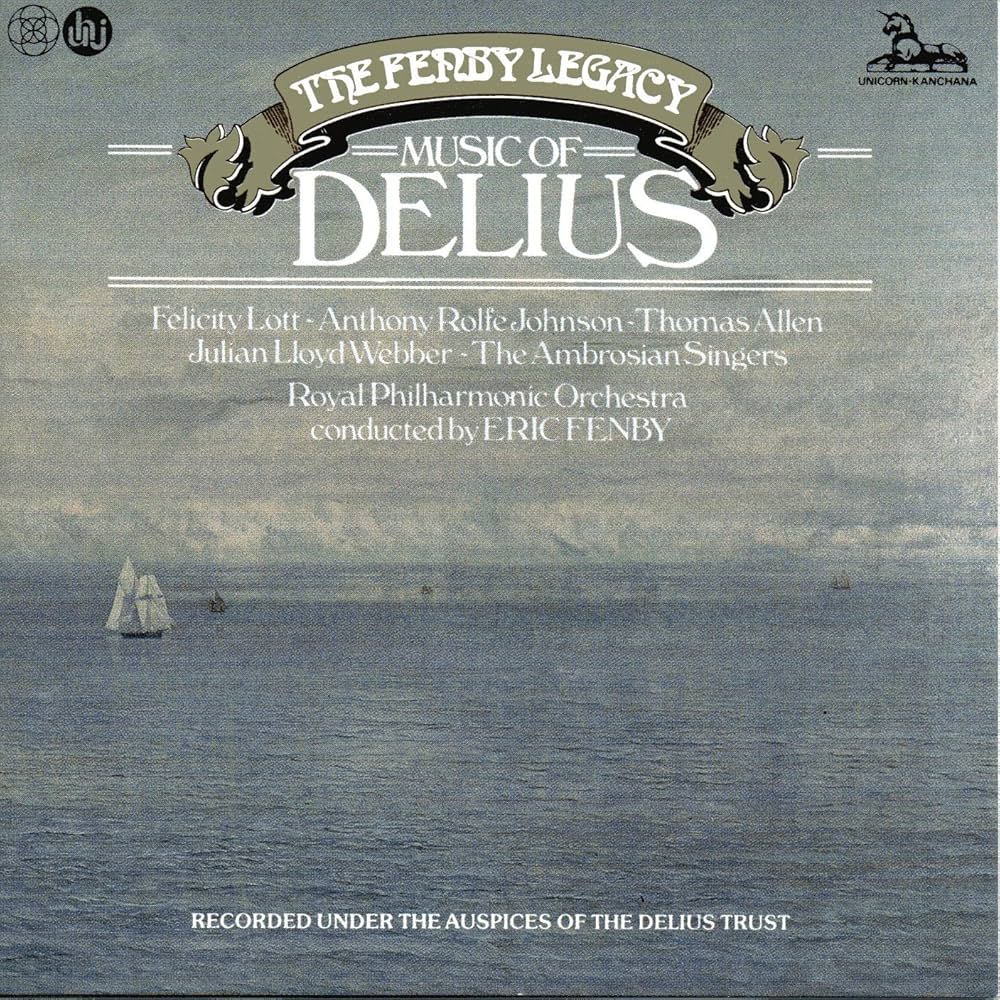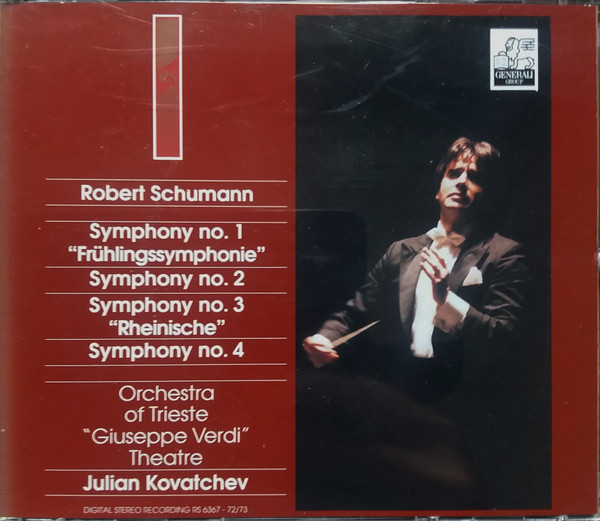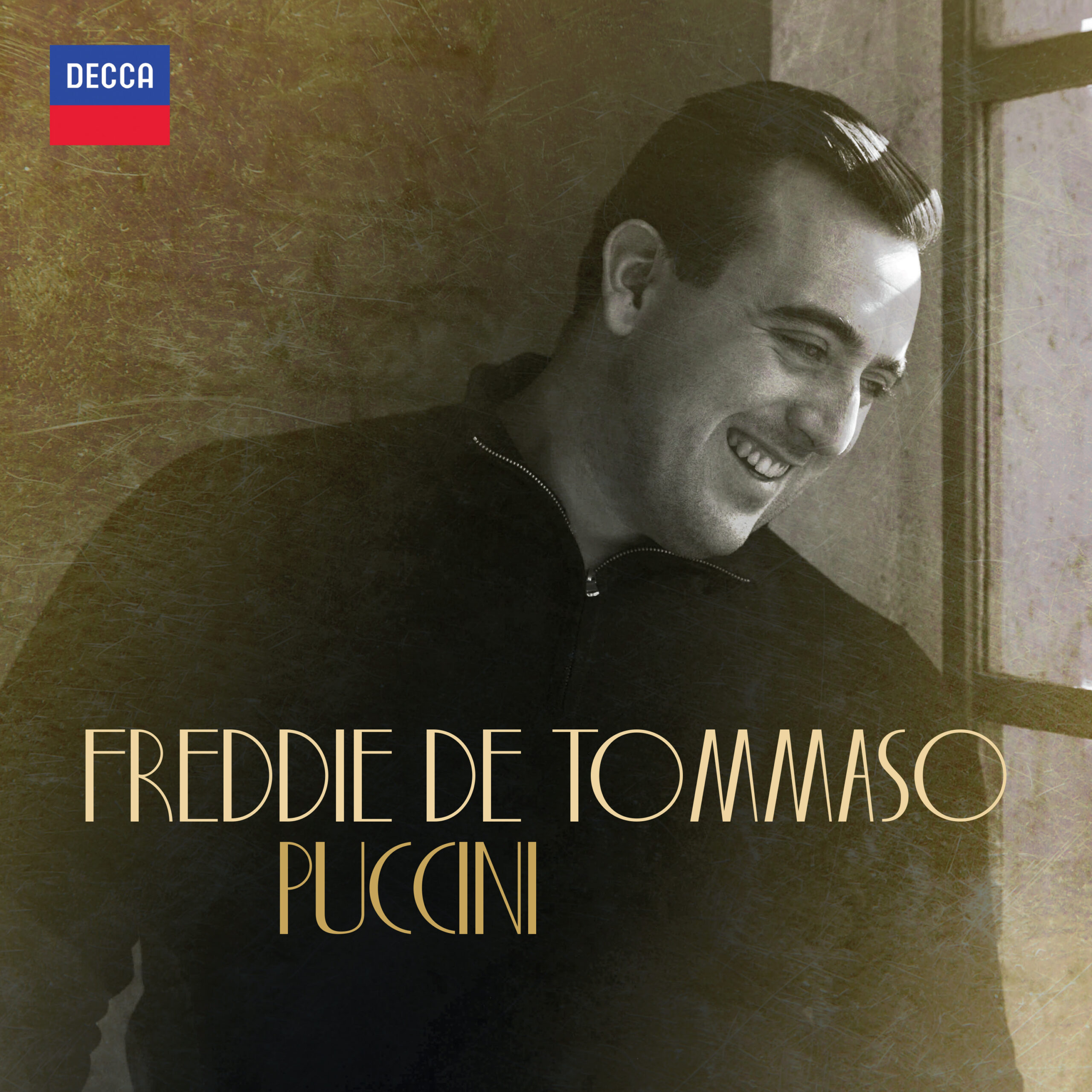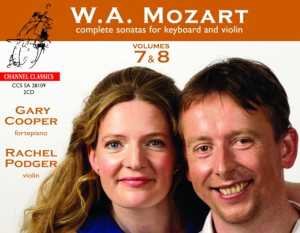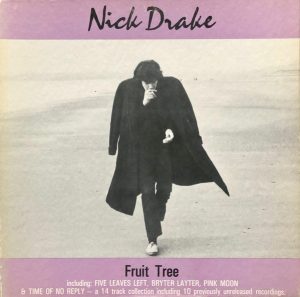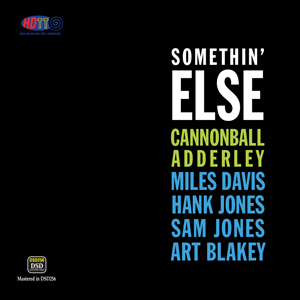Passos Brasileiros, Toomai String Quintet, with assisting artists. Tocanta Media (CD). 53 minutes.
Pascoal: Garrote. Villa-Lobos: Saudades das Selvas Brasilieras 1-2; Chôros 5 ("Alma Brasileira"). Gonzaga: Passos no Choro. Freire: Mamulengo; Espiral; Turbulenta; Pintou um Grilo. Nascimento: Cais. Gil: Domingo no Parque. Nogueira: Bachianinha 1. Lara: Força da Imaginação/Sonho Meu.
As in their 2018 début album, Cuerdas Cubanas, the Toomai String Quartet presents a Latin-American program, here shifting the focus to Brazil. (Don't judge the long gap harshly: remember, a pandemic and general shutdown got in the way.) The composers represented may be unfamiliar to many listeners. The high-profile Heitor Villa-Lobos, predictably, is represented by three selections —but Léa Freire, whom I didn't know, gets four. Of the other names, only Milton Nascimento's vaguely rang a bell. The rest, for me, became voyages of discovery—no doubt the Toomai's intention to begin with.
It's a cliché to associate even Latin "art music" with dance rhythms; some such do inhere in this program, with a twist or two (not literally). In the opening track, Hermeto Pascoal's Garrote, what sounds at first like confused scansion keeps the listener off-balance, gradually resolving as a steady seven-beat! (You try dancing to that.) Similar irregularities spice up the fetching beats of Freire's Pintou um Grilo and parts of her Turbulenta. On the other hand, the bouncy start of Gilberto Gil's Domingo no Parque, Gonzaga's scampering Passos no Choro, and the easy, laid-back syncopations of Freire's Mamulengo aren't disturbed by any such tricky artifices.
There are ruminative pieces as well: Villa-Lobos's Saudade des Selvas Brasilieras No. 2, turning wistful, and Freire's mysterious, bittersweet Espial. And two pieces at the program's core harbor more serious ambitions. The aforementioned Turbulenta—its harmonies recalling, for me, the American postwar symphonists—feels more anxious and unsettled than overtly turbulent. Over its seven-minutes-and-change, it builds effectively in contrasting sections, complete with a meditative interlude that colors the ensuing lively recap. Villa-Lobos's Saudade des Selvas Brasilieras No. 1 has a rather dark, solemn start; a more curved secondary figure enters over the ongoing rhythm, and the whole thing eventually picks up and lightens.
On the other hand, the few excursions into explicit modernism left me cold. Some space-age slithers and fake-percussion effects spoil Gil's wide-ranging Domingo no Parque. And the high three-part chords at the start of Lara's Força da Imaginação are basic new-music "squeaks," until the theme arrives. I know artists consider it a duty to explore the work of living composers, but these passages stuck out in context.
Note that, as on Cuerdas Cubanas, none of the music here was intended for quintet. The artful arrangements, whether of Villa-Lobos's piano originals or of the art song Força da Imaginação,
sound natural. Those made by the quintet's bassist and founder, Andrew Roitstein, can bring some extra fillips for that instrument, as with the angular interjections in the second Saudade.
The playing is excellent all around, and the recording is unobtrusively clear. Bravo to all.
stevedisque.wordpress.com/blog




